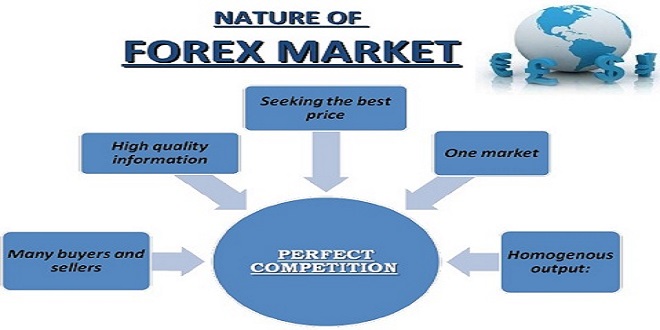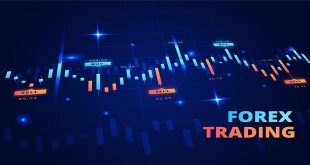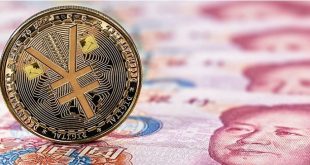The international market for exchanging various foreign currencies is known as forex. It is decentralized because it is not under the jurisdiction or control of a single entity, such as a state or intergovernmental organization.
Governments, central banks, and commercial banks are the main players that play a major role in controlling the forex marketplace.
Other than that, various players directly or indirectly control the forex marketplace, so let’s discuss them in detail. Read review to learn more about who controls the forex market.
Players that control the forex market:
Both price makers and price takers want th profit from their participation in the Forex market. Let’s start with the biggest stakeholders first that control the forex market.
National and international banks:
Credit suppliers control the marketplace for corporations, governments, banks, fundings, and ancillary forex players. Although they operate on a much larger scale than the typical Forex trader, their worries are comparable to those of retail speculators.
The Forex network is comprised of hundreds of institutions. Regardless of their size, banks participate in the currency markets to raise stockholder value and mitigate their and their clients’ foreign exchange risks.
Each bank has a dealing desk in charge of order execution, market making, and risk management despite having a diverse organizational structure. The job of the foreign exchange dealing desk can also involve making money by directly trading currencies through hedging, arbitrage, or various other tactics.
Governments:
Long-term enablers of national, regional, or global economical persons disrupt the forex marketplace. Government monitors foreign currencies. When the strength or weakness of a currency becomes a problem for the domestic economy, central banks will interfere in the market.
Investments funds:
Long-term trend followers with high skills, resources, knowledge, and commitments also control the forex marketplace. The most well-known members of the category of speculators are hedge funds.
Although many other hedge funds exist, global macro and currency funds are the most active in the FX market. While currency funds concentrate on possibilities in the FX market, macro funds trade in other international markets. Hedge funds are significant market participants and are capable of managing large investments.
Even if the hedge fund sector has altered, numerous firms pursuing the same strategy may still significantly influence the markets.
Corporations:
Various foreign corporations are active hedgers that benefit from treasury management. As market makers, certain players do not have the authority to determine prices. Some people purchase and sell at the current exchange rate. They account for a considerable portion of the market’s trading volume.
Many international corporations are the importer/exporters of a multi-billion dollar cash flow operation in the forex marketplace.
Commercial businesses
Various corporations, such as international companies or exporters/importers, are included in this category. Their primary objective in currency trading is to hedge their currency risk or obtain the foreign currency required to pay their employees abroad and similar goals.
Various commercial businesses invest and purchase currencies through the forex marketplace. Businesses compete with their competitors, and the pricing in forex currencies fluctuates. Due to them, the market is much more volatile and unexpected.
Traders:
Retail traders are short-term system followers with a wide range of skills, resources, knowledge, and commitments. The number of forex trades conducted by ordinary investors is incredibly small compared to financial organizations and businesses.
However, its popularity is rising quickly. Individual traders typically enter the market through a retail broker, but if they have the appropriate cash, they may also utilize a prime broker. Retail traders have access to leverage due to the little funds required to create a trading account.
Bottom lines:
There is no organization in charge of the decentralized foreign exchange market. The market can be influenced by central banks and commercial banks, which function as market makers.
The FX market is typically too large for one individual player to dominate.
For instance, if a hedge fund decided to purchase $1 billion worth of EUR/USD at market pricing, the currency pair would almost certainly increase. Since this is one of the most frequently traded currency pairings, the impact of this transaction would be temporary.
Furthermore, because it impairs their execution and provides information, it is not in the interest of market players to move the market in this way.
 Pagalmusiq.com Popular News Update Website | Pagalmusiq.com
Pagalmusiq.com Popular News Update Website | Pagalmusiq.com




